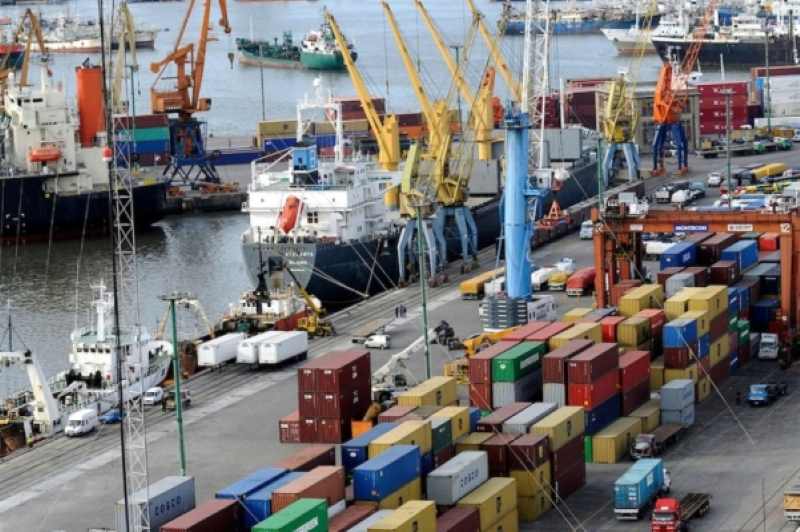Economy
Trump Shakes Southern California Logistics with New Tariffs
Donald Trump’s proposed 145% tariffs on Chinese products could destabilize Southern California ’s logistics economy. This region handles one-third of U.S. containerized cargo and supports nearly 2 million jobs, according to a new report by the Southern California Leadership Council (SCLC) and the Los Angeles County Economic Development Corporation (LAEDC).
Threat to the Nation’s Largest Port Corridor
The Ports of Los Angeles and Long Beach—the largest port corridor in the country—expect a 10% drop in cargo volume starting in May. China’s retaliatory tariffs of 125% on American goods could further reduce outbound traffic.
Jobs and Supply Chains at Risk
This will directly impact those who unload, transport, store, and distribute goods,” warned Gray Davis, SCLC co-chair and former California governor. The logistics chain includes dockworkers, drivers, warehouse operators, and distributors.
Trade Dependency on China
China remains the region’s top trade partner, with over $130 billion in imports processed through the twin ports in 2024. A decline in imports threatens Southern California’s logistics core, especially key distribution hubs in the Inland Empire.

U.S. Stocks Fall After Trump Criticizes Federal Reserve
U.S. stocks markets declined after Donald Trump harshly criticized Federal Reserve Chair Jerome Powell…
Corporate Giants Affected
Companies like Amazon, Walmart, FedEx, UPS, and Prologis depend heavily on this logistics network. Over 900,000 direct and nearly 2 million indirect jobs are at stake amid this potential trade disruption.
Warning for Importers and Consumers
The report warns that thousands of regional importers face up to 2.5-fold increases in input costs. These hikes would likely be passed on to consumers, weakening competitiveness and local purchasing power.
Political Reactions and Legal Tensions
Governor Gavin Newsom has filed a lawsuit against the Trump administration, claiming the tariffs exceed presidential authority and disproportionately harm California. While states cannot negotiate international treaties, Newsom pledged to pursue tariff exemptions through direct dialogue with foreign partners.


